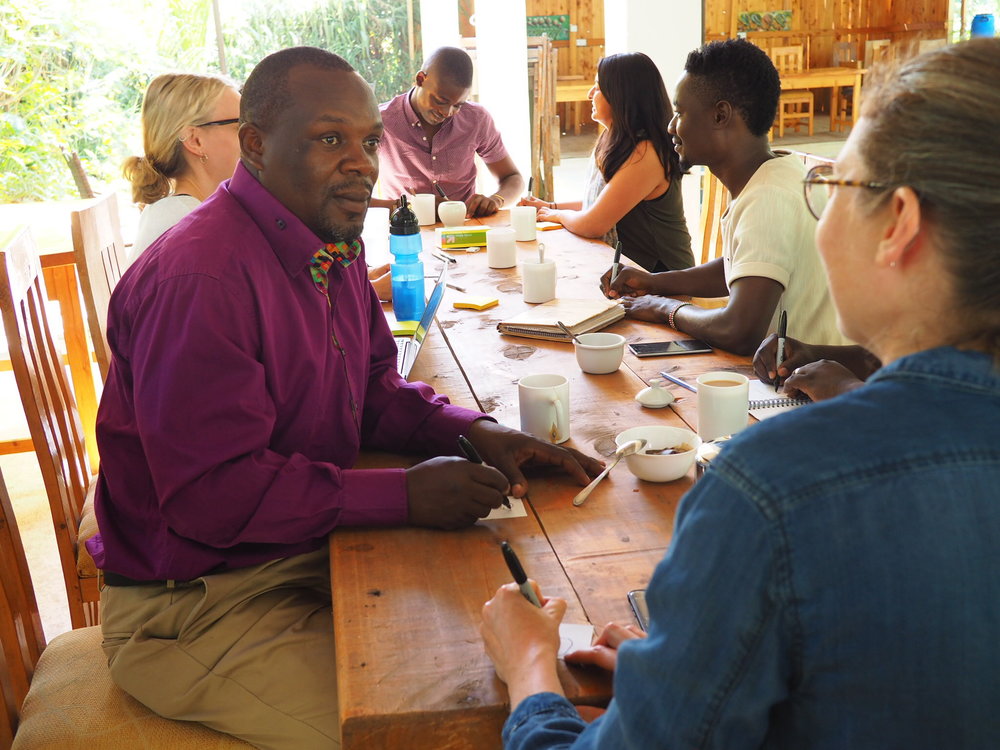Transforming the market for HIV self-testing
How might we close the HIV testing gap by putting the power of knowing one’s HIV status into the hands of users themselves?
In 2018, YLabs was one of the six finalists in the Human Centered Design Challenge Fund to prototype new HIV self-testing (HIVST) service delivery models in Kenya. The program, funded by the Children’s Investment Fund Foundation (CIFF) and the Elton John AIDS Foundation (EJAF), aims to decrease HIV infection among young people by increasing HIVST and its subsequent linkage to care.
The Challenge
Even though 97% of Kenyan men report knowing where to access HIV testing, less than one third of young Kenyans have actually been tested. The real world barriers to testing among young people may include a fear of HIV, low perceived risk, prejudiced and stigma among people living with HIV, and a lack of visibility or representation of those living with the virus.
Though much progress has been made towards ending the HIV epidemic in Kenya, results have not been equal. According to the Ministry of Health, of the 77,647 new infections reported in 2016, 51 percent were among adolescents and young adults aged 15-24 years, representing a 17 percent increase. While women are largely achieving the first of the 90-90-90 target goals, with 89 percent of all women who are living with HIV knowing their status, only 67 percent of men and 48 percent of adolescents and young adults are aware of their HIV status.
The Innovation
Edgar and Tiffany working through new ideas during an ideation session in 2018
To address these challenges, YLabs is designing and prototyping new strategies that increase uptake of HIVST and linkage to care among young Kenyan men ages 18-30. By increasing testing coverage among men, successful prototypes will increase uptake of treatment and prevention services among men, decrease morbidity and mortality in this population and reduce the risk of HIV transmission to female partners, including adolescent girls.
The Outcome
To achieve this goal, YLabs and a Kenya-based multi-disciplinary team of public health practitioners, epidemiologists, business designers, and communication designers, are working to research, design, and prototype solutions to increase HIVST uptake among young Kenyan men in Kisumu and Homa Bay counties. During prototyping in 2018, the team developed lean evaluation tools to gather data on desirability, feasibility, and potential impact of uptake of HIVST. In accordance with a ‘Do No Harm’ approach, YLabs is working to ensure that solutions not only encourage uptake of HIVST, but also seamlessly link to trusted care and treatment facilities.
To find out more about this project, contact us here.
